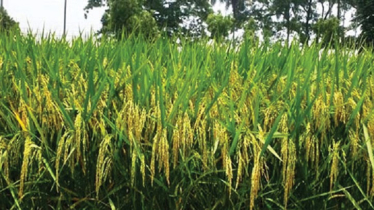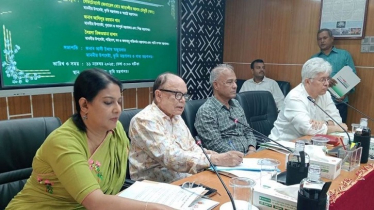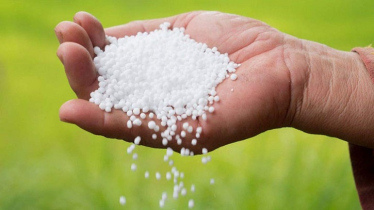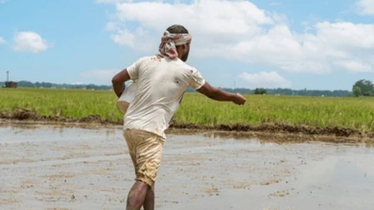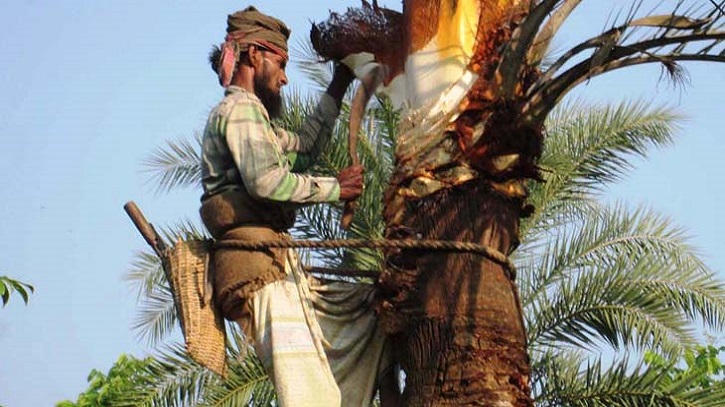
The name Jessore has become synonymous with date juice, renowned across Bangladesh for its unique taste, aroma, and quality. Today, the fame of Jessore’s date juice has transcended national borders, reaching markets in Europe, the United States, and the Middle East. With the onset of winter, the sap collectors are once again busy preparing for the season of patali and jaggery production. About a year and a half ago, Jessore’s date jaggery received Geographical Indication (GI) recognition, creating a market worth around Tk 100 crore and rejuvenating the region’s rural economy.
According to the Department of Agricultural Extension, Jessore has a total of 2.33 million date palm trees, of which about 307,130 are suitable for sap extraction. From these trees, the district is expected to produce 37.1 million liters of sap and 2,742 metric tons of jaggery this season.
Officials estimate that if this target is met, the total market value will reach approximately Tk 99.68 crore. However, farmers believe the actual market value could be nearly double that figure.
Abdur Rahim, a farmer from Chowgacha upazila, said, “We start trimming the trees and preparing for sap collection from the beginning of the Bangla month of Kartik. During winter, this is our main source of income. Raw date sap sells for Tk 150 to 200 per jar, grainy jaggery for Tk 350 to 400 per kilogram, and patali jaggery for Tk 450 to 600 per kilogram.”
Both government and private initiatives have intensified the plantation of date palms in Jessore. Mosharraf Hossain, deputy director of the Department of Agricultural Extension, said, “Plantation programs are underway in several upazilas, including Chowgacha, Bagharpara, and Monirampur. Since the GI certification, farmers’ interest in date palm cultivation has increased significantly. This year alone, 50,000 new date palm saplings have been planted in the district.”
The popularity of date juice and jaggery has also expanded to online platforms. Domestic and international buyers are placing pre-orders through e-commerce sites. Tariqul Islam, founder of local online store Kenarhat, said, “Last year, we received orders for 6,500 kilograms of patali jaggery but could deliver only 2,000 kilograms. If the winter remains favorable, production will rise and business will flourish.”
As winter deepens, the sap collectors’ season of activity has begun once again. The sweet aroma of fresh sap fills villages and markets, while online orders continue to pour in. For the people of Jessore, date juice is more than just a product—it is a symbol of heritage, culture, and the enduring sweetness of their local economy.


